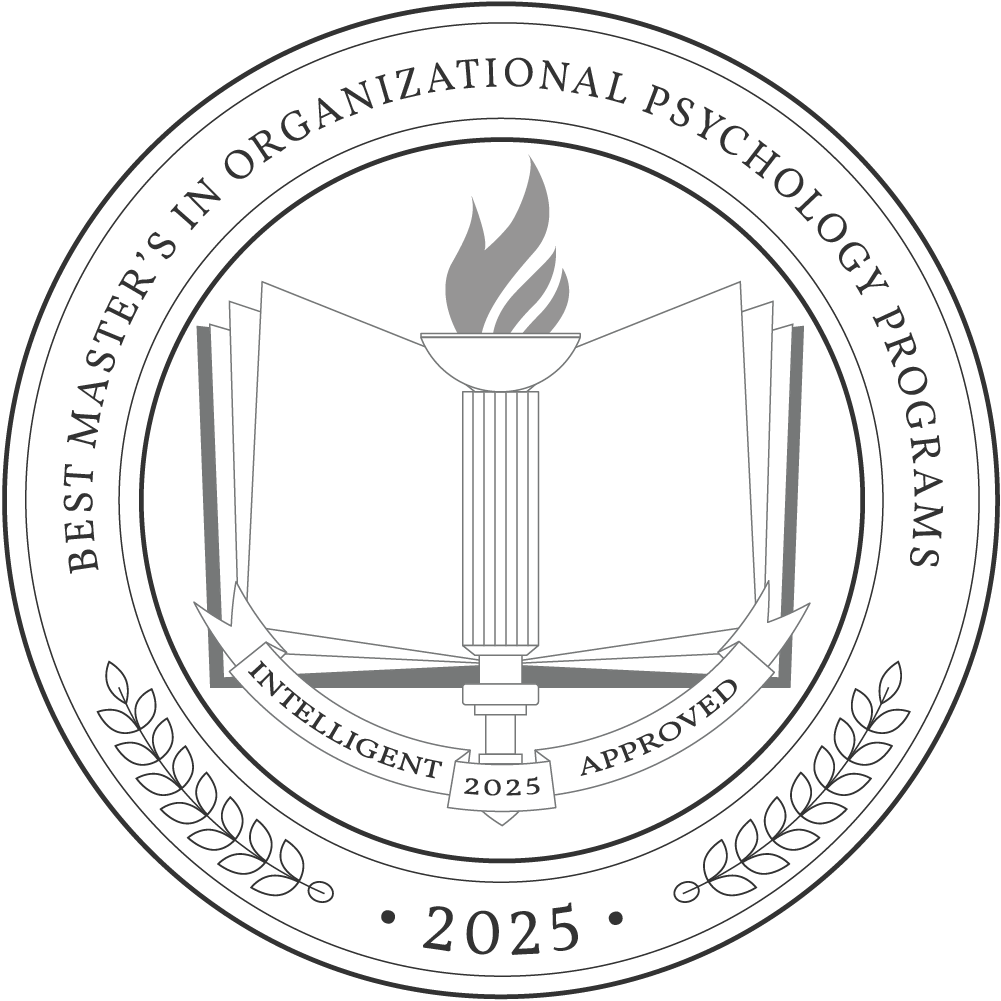A master’s in organizational psychology prepares students for careers in human resources, organizational development, and consulting. Graduates can pursue roles such as human resources manager, who make an average salary of $130,000 annually. Other possible roles include organizational consultant or talent development specialist, with average salaries ranging from $80,000 to $110,000 per year.
Typically completed in two to three years, the program’s average tuition cost varies but falls within the range of $12,000 to $30,000, as per the National Center for Education Statistics. Discover how these top graduate programs blend psychological principles with business acumen to shape organizational culture, improve employee satisfaction, and enhance workplace effectiveness.
Why Trust Us
The Intelligent.com Higher Education Team is dedicated to providing students with independent, equitable school and program rankings and well-researched resources. Our expert-driven articles cover topics related to online colleges and programs, paying for school, and career outlooks. We use data from the U.S. Department of Education’s College Scorecard, the National Center for Education Statistics, and other reputable educational and professional organizations. Our academic advisory team reviews content and verifies accuracy throughout the year for the most current information. Partnerships do not influence rankings or editorial decisions.
- Analyzed over 2,000 national, accredited, and nonprofit colleges and universities
- 800+ rankings pages are reviewed and updated yearly
- Content is informed by reputable sources, surveys, and interviews with academic advisors and other experts
- Over 100 data points are reviewed for accuracy and quality throughout the year, including sources
How we rank schools
Our list features the best Organizational Psychology degree programs at top colleges nationwide. Each school featured is a nonprofit, accredited institution — either public or private — with a high standard of academic quality for post-secondary institutions.
We evaluated each school’s program on tuition costs, admission, retention and graduation rates, faculty, reputation, and the student resources provided for online students. We collected data from trusted sources like the National Center for Education Statistics, individual school and program websites, school admissions counselors, and other data sources. Then, we calculated the Intelligent Score on a scale of 0 to 100 based on the following criterion:
Academic Quality:
- Admission rate versus enrollment rate
- Retention rate of students who return after year one
- Accreditation status (regional and programmatic)
- Nonprofit status, both private and public institutions
Graduation Rate
- Overall graduation rate
- Total number of currently enrolled students, including diversity metrics
- Student-to-faculty ratio
Cost and ROI
- In-state and out-of-state per-credit tuition rates and fees
- Required credits to graduate
- Earning potential after graduation
- Availability of federal student loans, scholarships, and other financial aid options
Student Resources
- Available student services for online-only and hybrid programs
- On-campus amenities like tutoring centers and the number of libraries
Read more about our ranking methodology.
Best 30 Accredited Master’s in Organizational Psychology Degree Programs
FiltersInstitution Type
Status
- Intelligent Score
- Alphabetically By University Name
- Acceptance Rate
- Enrollment
- In-state Graduate Tuition
- Out-of-state Graduate Tuition
- In-state Undergraduate Tuition
- Out-of-state Undergraduate Tuition
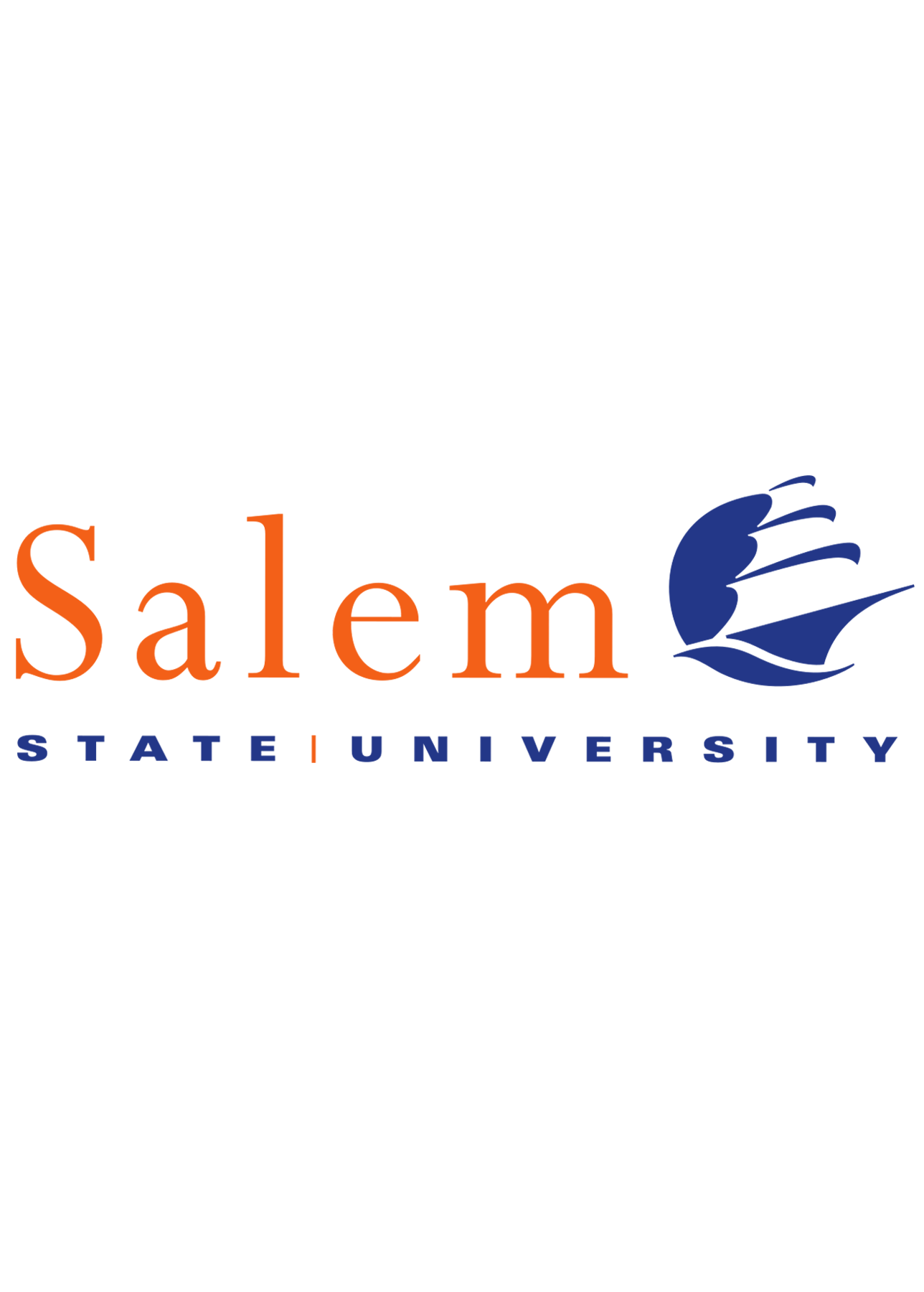
Salem State University
Intelligent Score: 99.73In-state: $910
Out-of-state: $7,050
In-state: $2,520
Out-of-state: $2,520
SAT: N/A
ACT: N/A
In-State: $140
Out-of-State: $230
Hybrid
New England Commission of Higher Education
42
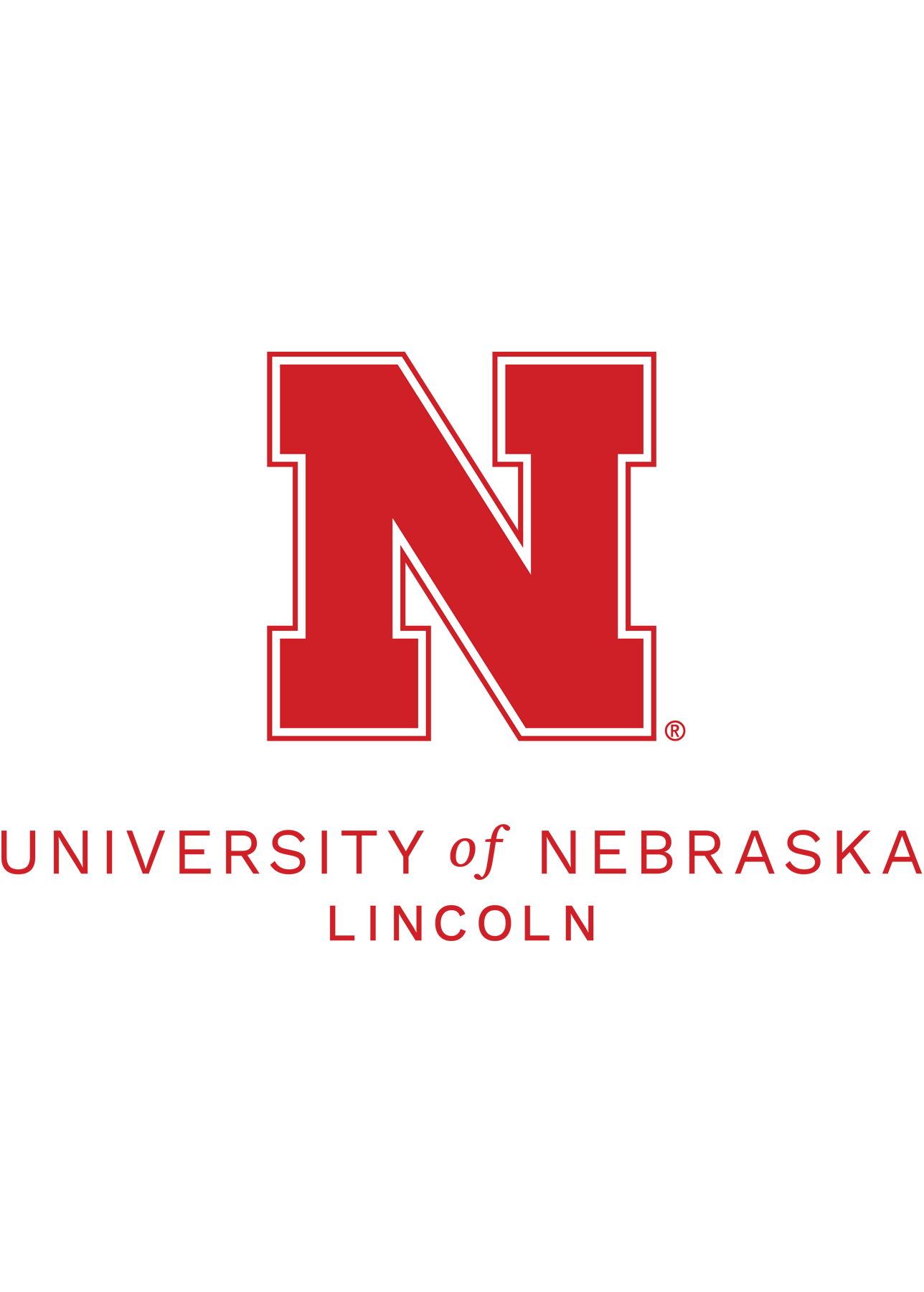
University of Nebraska
Intelligent Score: 96.13In-state: $7,770
Out-of-state: $24,900
In-state: $6,138
Out-of-state: $6,138
SAT: 1110-1320
ACT: 22-28
Resident: $353
Non-Resident: $849
On-Campus
Higher Learning Commission
36

University of North Carolina at Charlotte
Intelligent Score: 95.38In-state: $7,019
Out-of-state: $34,198
In-state: $10,552
Out-of-state: $10,552
SAT: 1280-1490
ACT: 28-33
Resident: $248
Non-Resident: $1,057
On-Campus
Southern Association of Colleges and Schools Commission on Colleges
31-36

Appalachian State University
Intelligent Score: 95.32In-state: $4,242
Out-of-state: $19,049
In-state: $4,839
Out-of-state: $4,839
SAT: 1070-1240
ACT: 22-27
Resident: $282
Non-Resident: $1,157
On-Campus
Southern Association of Colleges and Schools Commission on Colleges
51
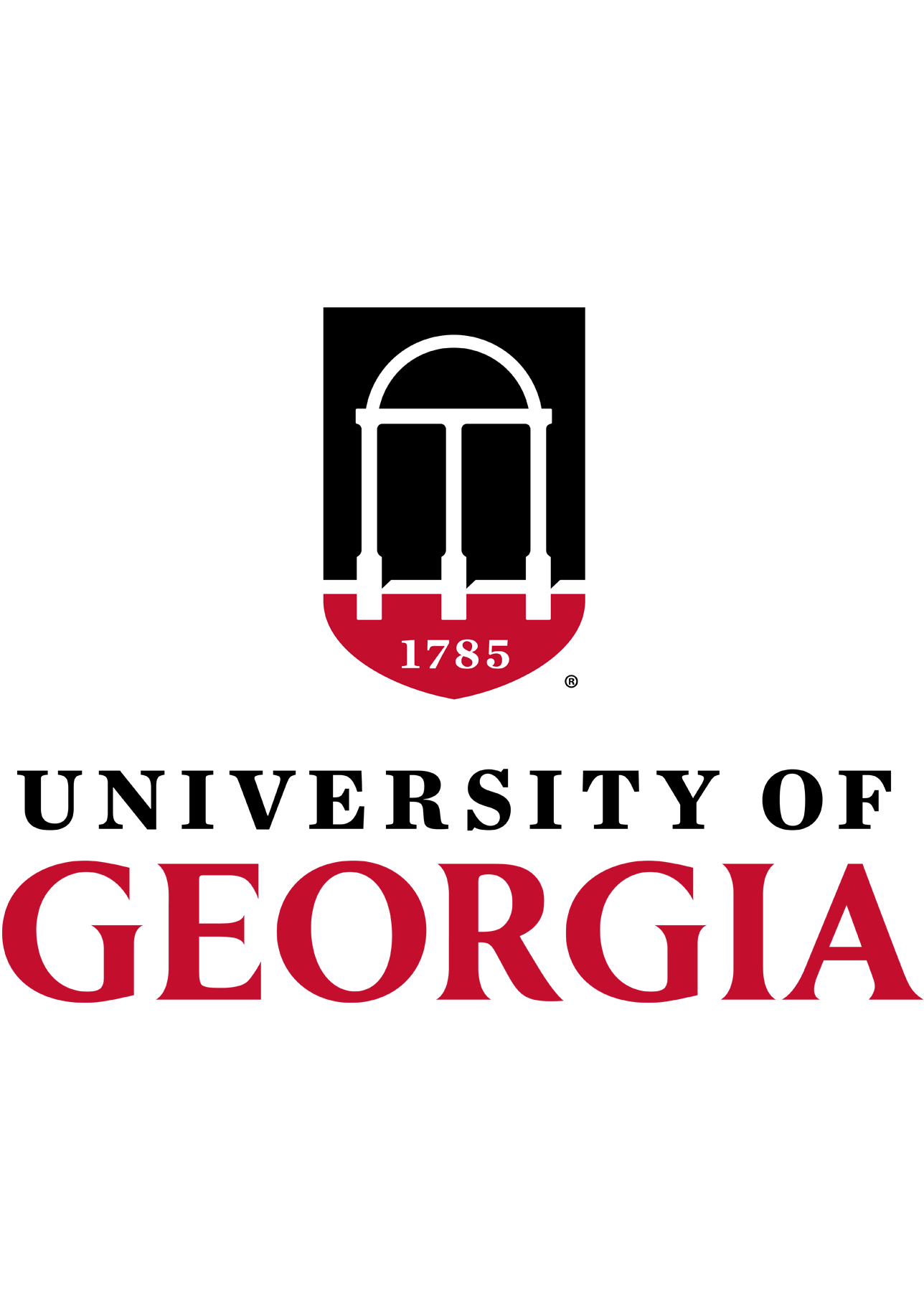
University of Georgia
Intelligent Score: 95.03In-state: $9,790
Out-of-state: $28,830
In-state: $8,878
Out-of-state: $8,878
SAT: 1250-1460
ACT: 29-33
In-State: $829
Out-of-State: $1,508
On-Campus
Southern Association of Colleges and Schools Commission on Colleges
36
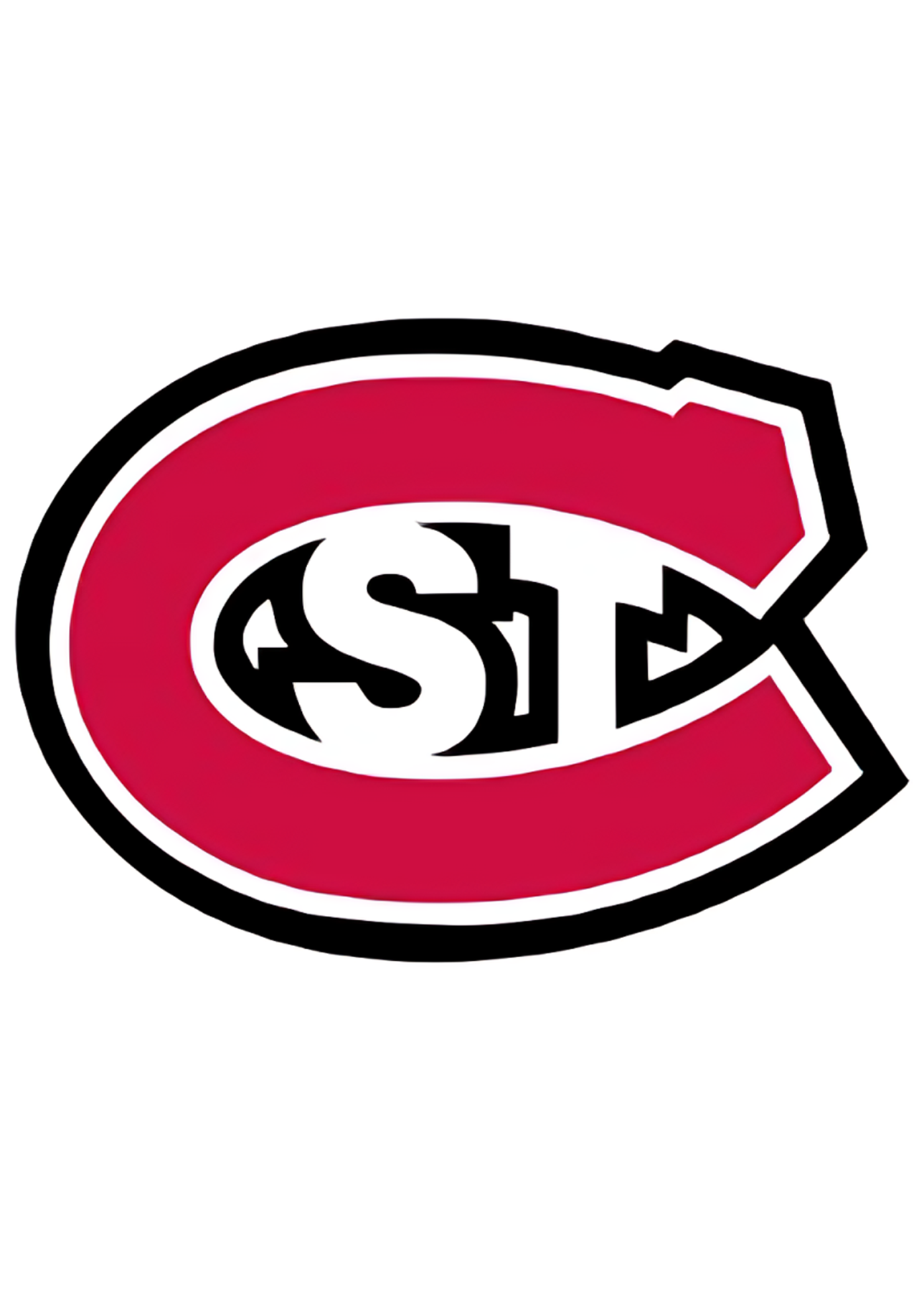
St. Cloud State University
Intelligent Score: 94.24In-state: $7,505
Out-of-state: $15,921
In-state: $7,607
Out-of-state: $7,607
SAT: 1000-1250
ACT: 18-24
Resident: $516
Non-Resident: $784
On-Campus
Higher Learning Commission
41
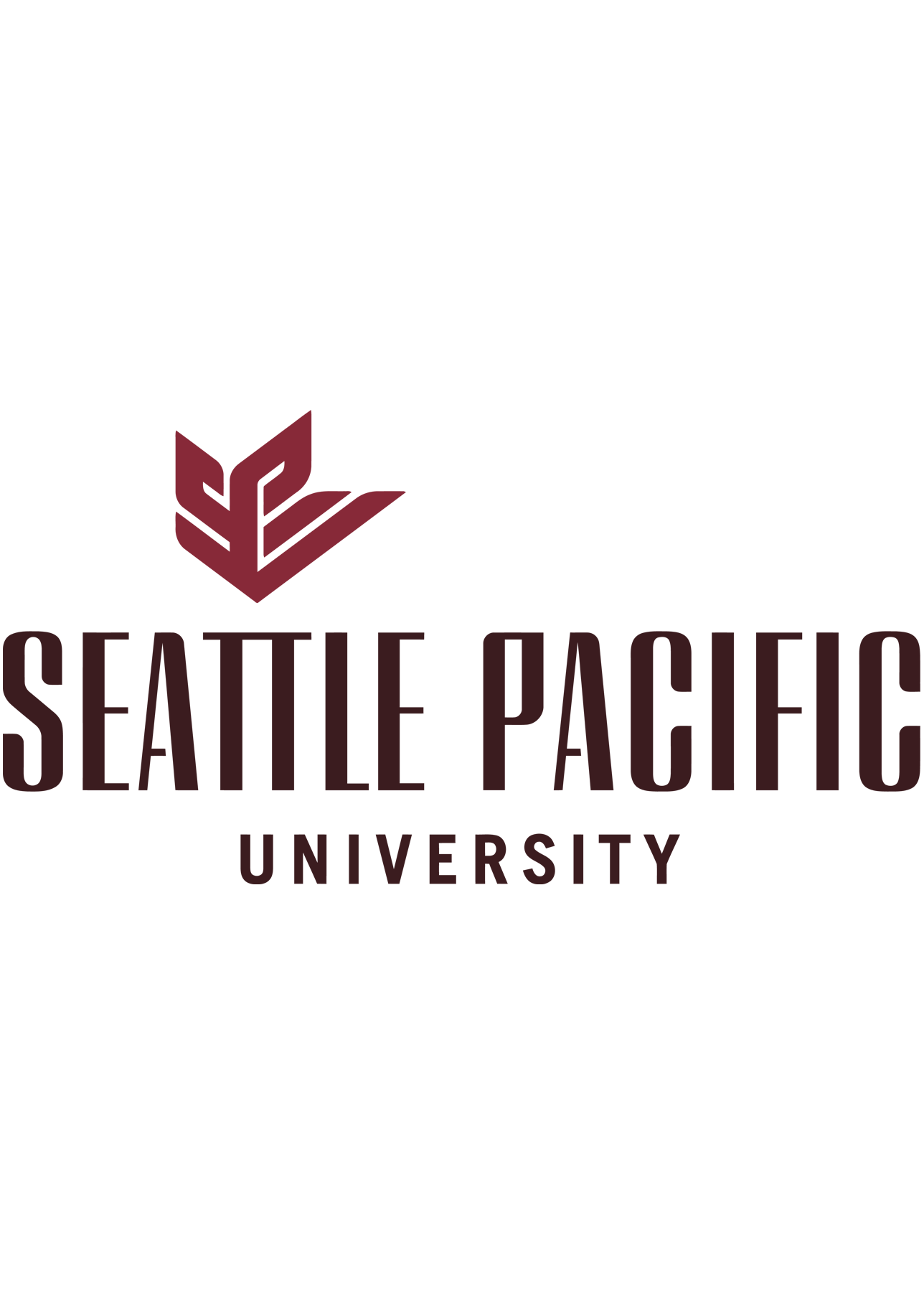
Seattle Pacific University
Intelligent Score: 92.87In-state: $46,728
Out-of-state: $46,728
In-state: $31,896
Out-of-state: $31,896
SAT: 1010-1160
ACT: 20-27
$852
On-Campus
Northwest Commission on Colleges and Universities
66
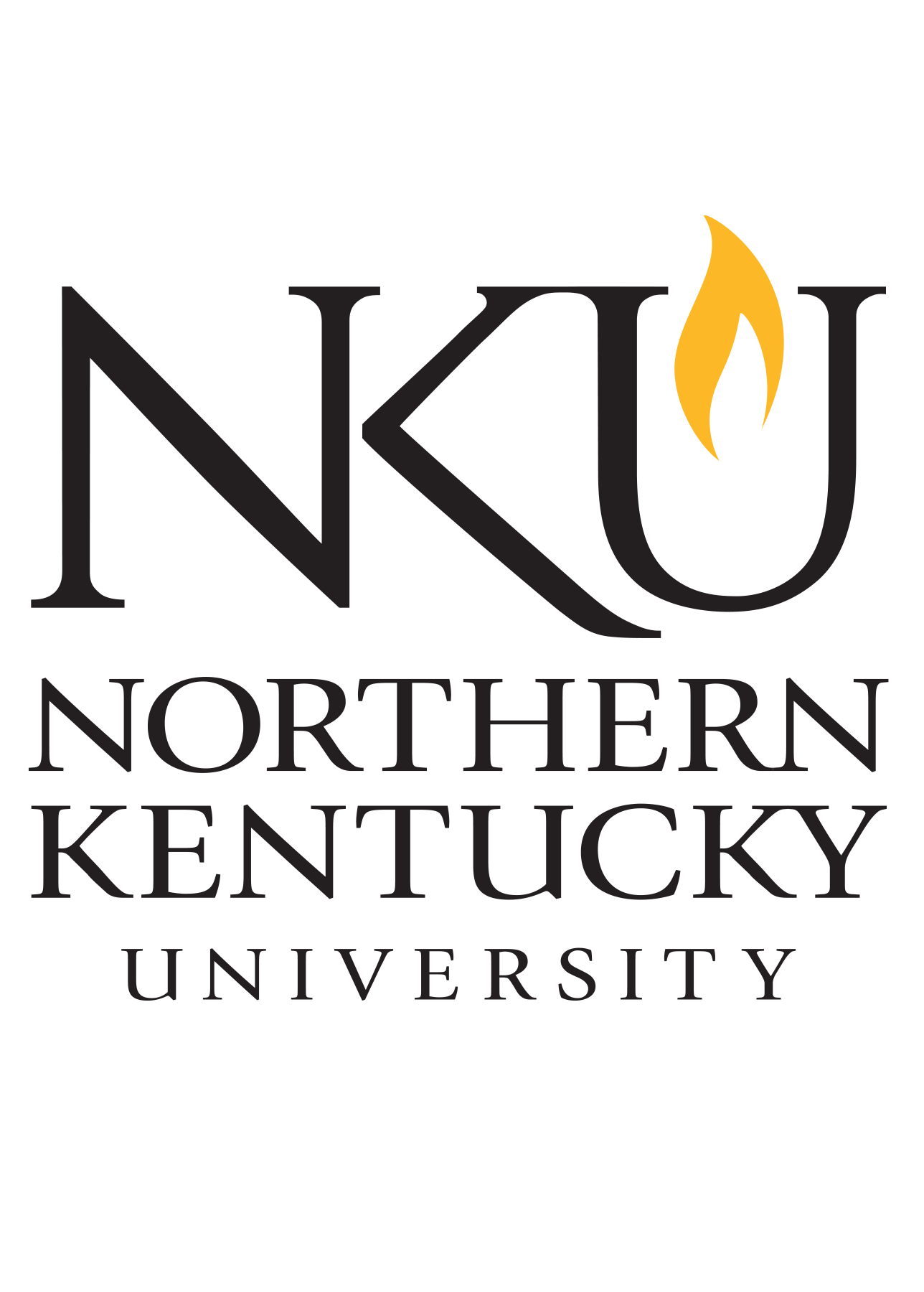
Northern Kentucky University
Intelligent Score: 91.83In-state: $9,912
Out-of-state: $19,872
In-state: $11,034
Out-of-state: $11,034
SAT: 960-1190
ACT: 20-26
Resident: $567
Non-Resident: $870
On-Campus
Southern Association of Colleges and Schools Commission on Colleges
45

University at Albany
Intelligent Score: 91.62In-state: $7,070
Out-of-state: $16,980
In-state: $11,310
Out-of-state: $11,310
SAT: 860-1060
ACT: N/A
In-State: $608
Out-of-State: $1,119
On-Campus
Middle States Commission on Higher Education
30
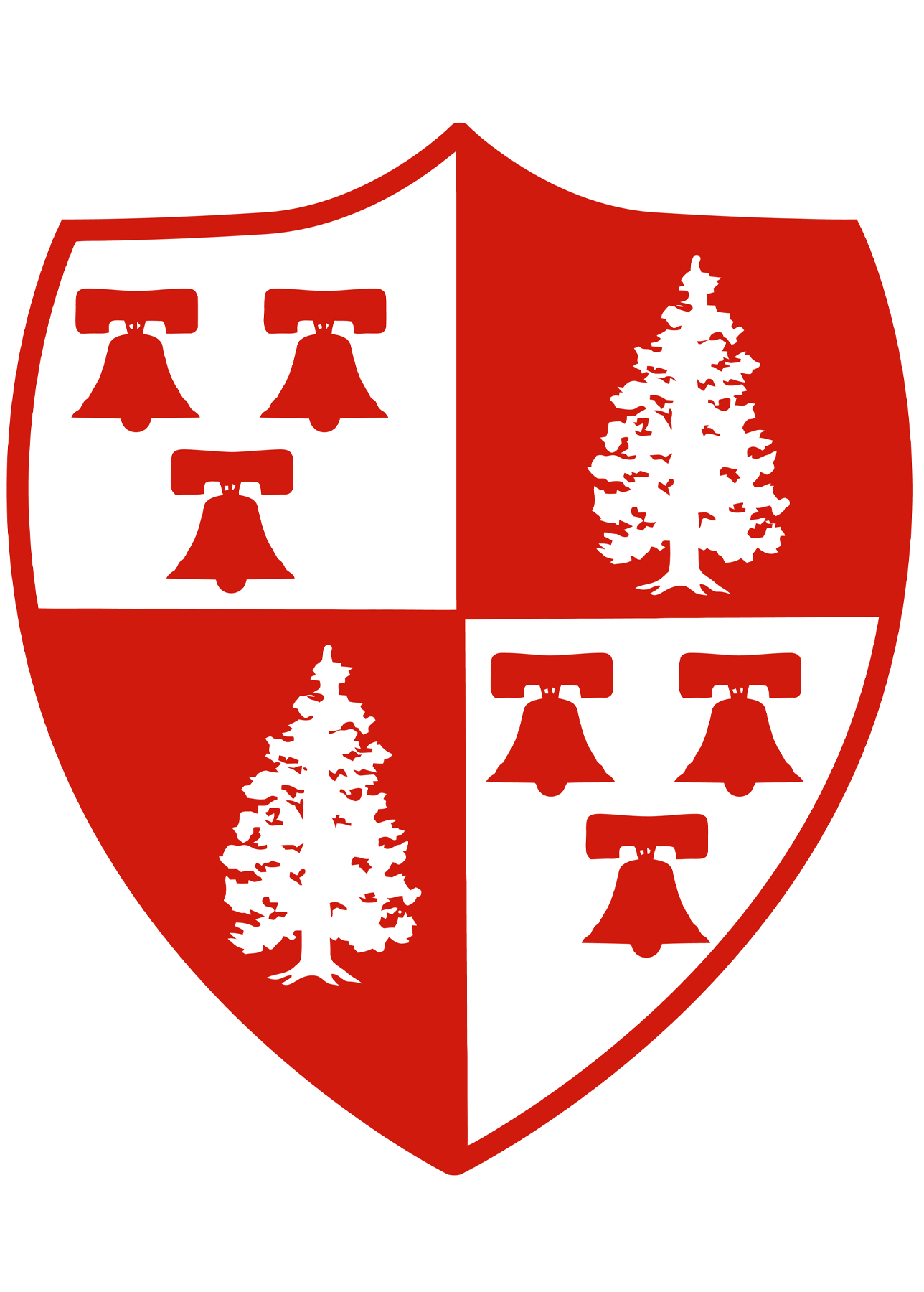
Montclair State University
Intelligent Score: 91.33In-state: $12,082
Out-of-state: $20,042
In-state: $12,600
Out-of-state: $12,600
SAT: N/A
ACT: N/A
$809
On-Campus
Middle States Commission on Higher Education
36
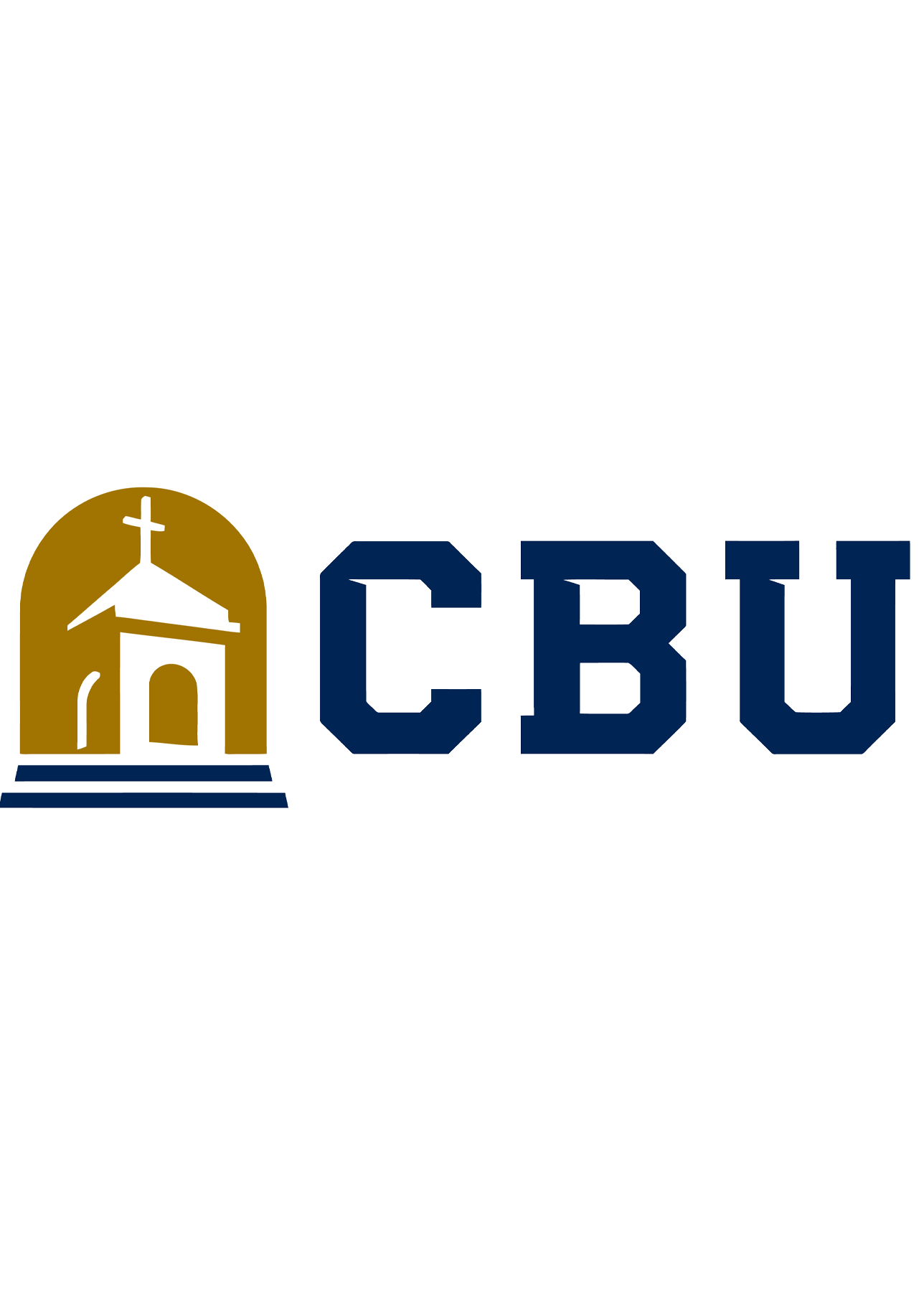
California Baptist University
Intelligent Score: 91.09In-state: $33,930
Out-of-state: $33,930
In-state: $13,410
Out-of-state: $13,410
SAT: 960-1150
ACT: 18-25
$768
On-Campus
Western Association of Schools and Colleges Senior College and University Commission
45
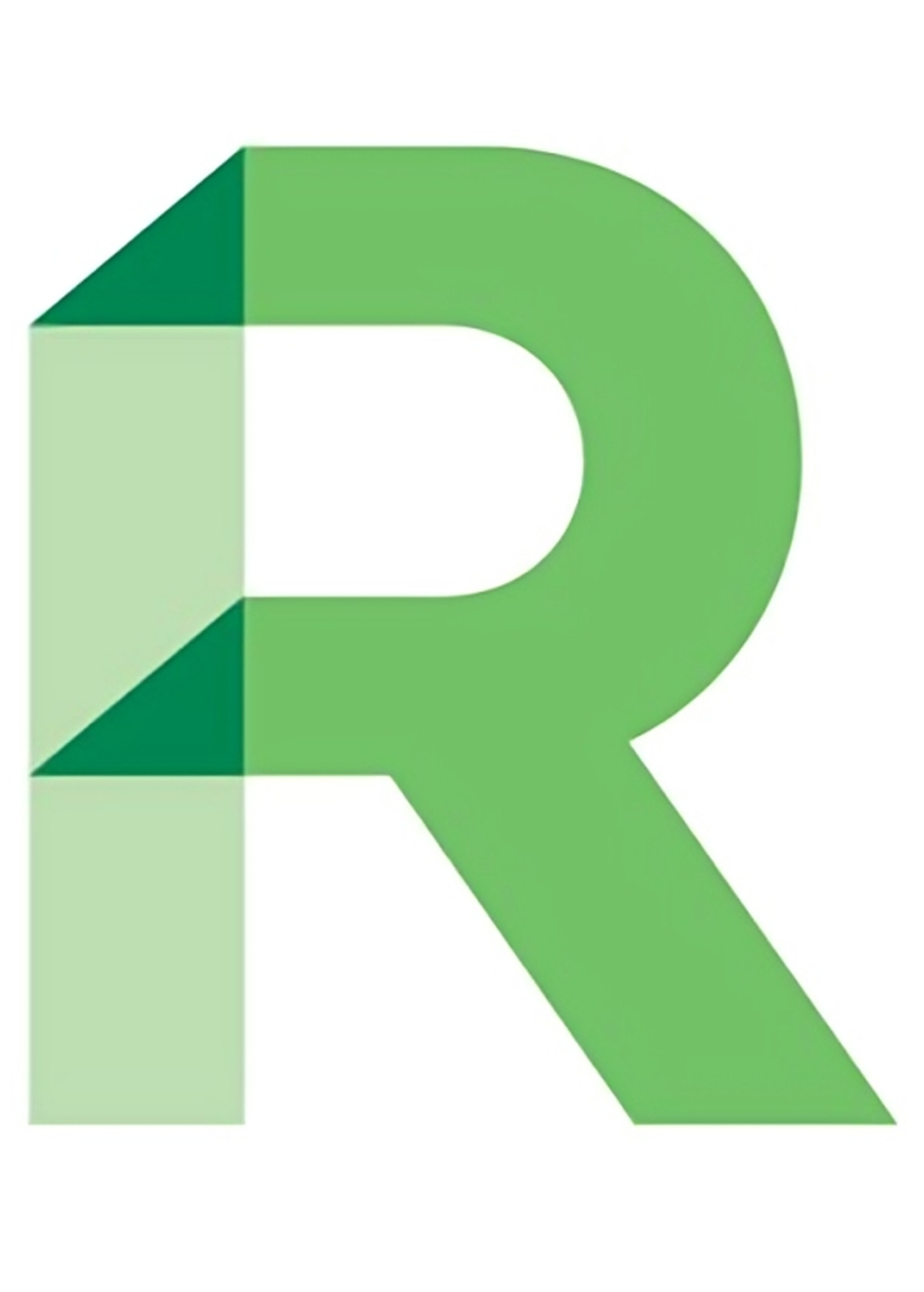
Roosevelt University
Intelligent Score: 90.12In-state: $31,493
Out-of-state: $31,493
In-state: $21,275
Out-of-state: $21,275
SAT: 900-1130
ACT: 18-26
$1,013
On-Campus
Higher Learning Commission
36

Texas A&M University
Intelligent Score: 88.47In-state: $8,395
Out-of-state: $36,849
In-state: $6,775
Out-of-state: $6,775
SAT: 1160-1380
ACT: 26-32
Resident: $803
Non-Resident: $1,345
On-Campus
Southern Association of Colleges and Schools Commission on Colleges
32-33

The Chicago School of Professional Psychology
Intelligent Score: 86.52In-state: $46,796
Out-of-state: $46,796
In-state: $50,636
Out-of-state: $50,636
SAT: Not Required
ACT: Not Required
$1,368
On-Campus, Online
Western Association of Schools and Colleges Senior College and University Commission
40

University of Central Florida
Intelligent Score: 85.78In-state: $4,478
Out-of-state: $19,810
In-state: $6,916
Out-of-state: $6,916
SAT: 1160-1340
ACT: 25-30
In-State: $288
Out-of-State: $1,073
On-Campus
Southern Association of Colleges and Schools Commission on Colleges
38
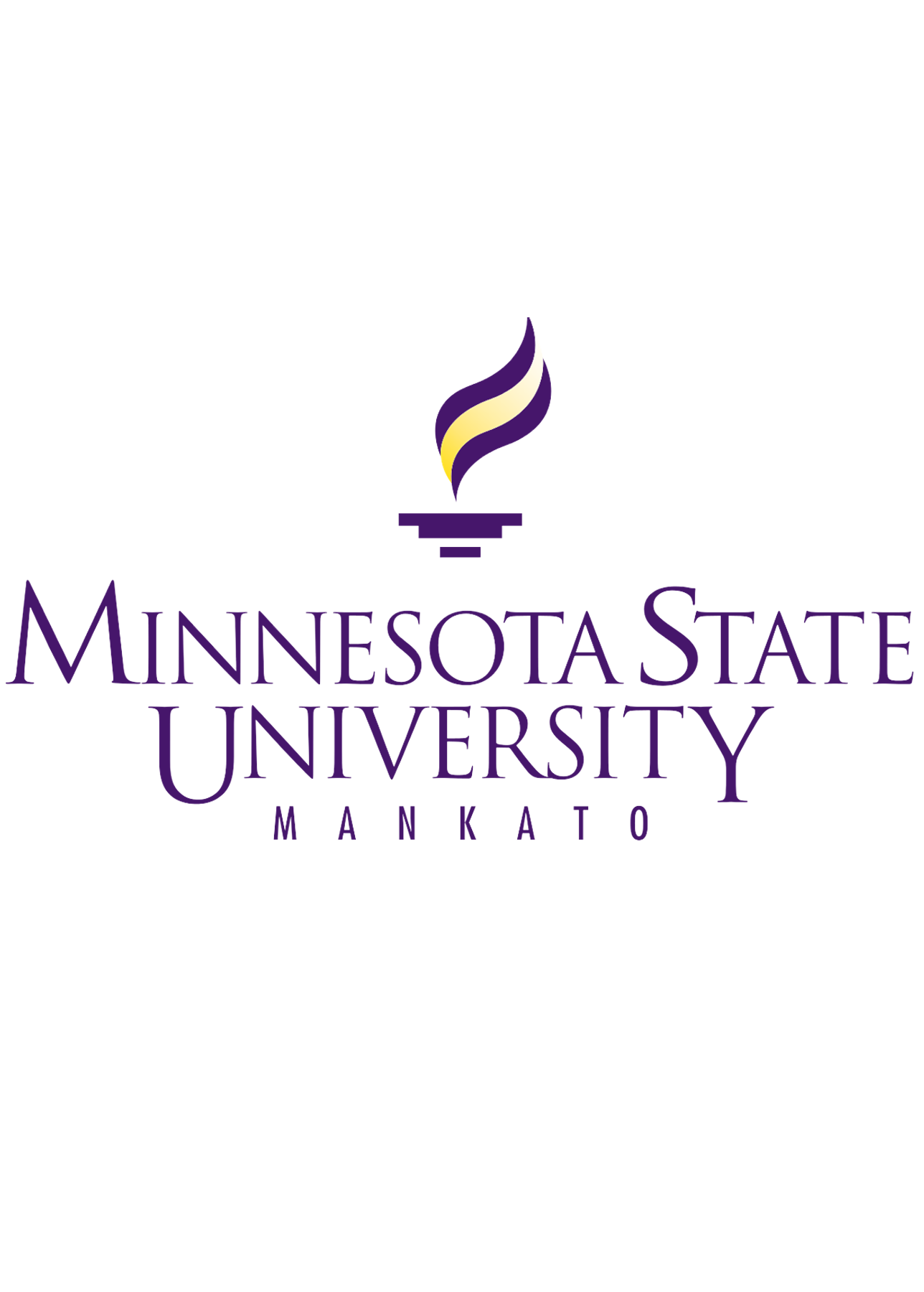
Minnesota State University
Intelligent Score: 84.9In-state: $7,504
Out-of-state: $15,922
In-state: $7,994
Out-of-state: $7,994
SAT: N/A
ACT: 19-24
Resident: $510
Non-Resident: $765
On-Campus
Higher Learning Commission
44
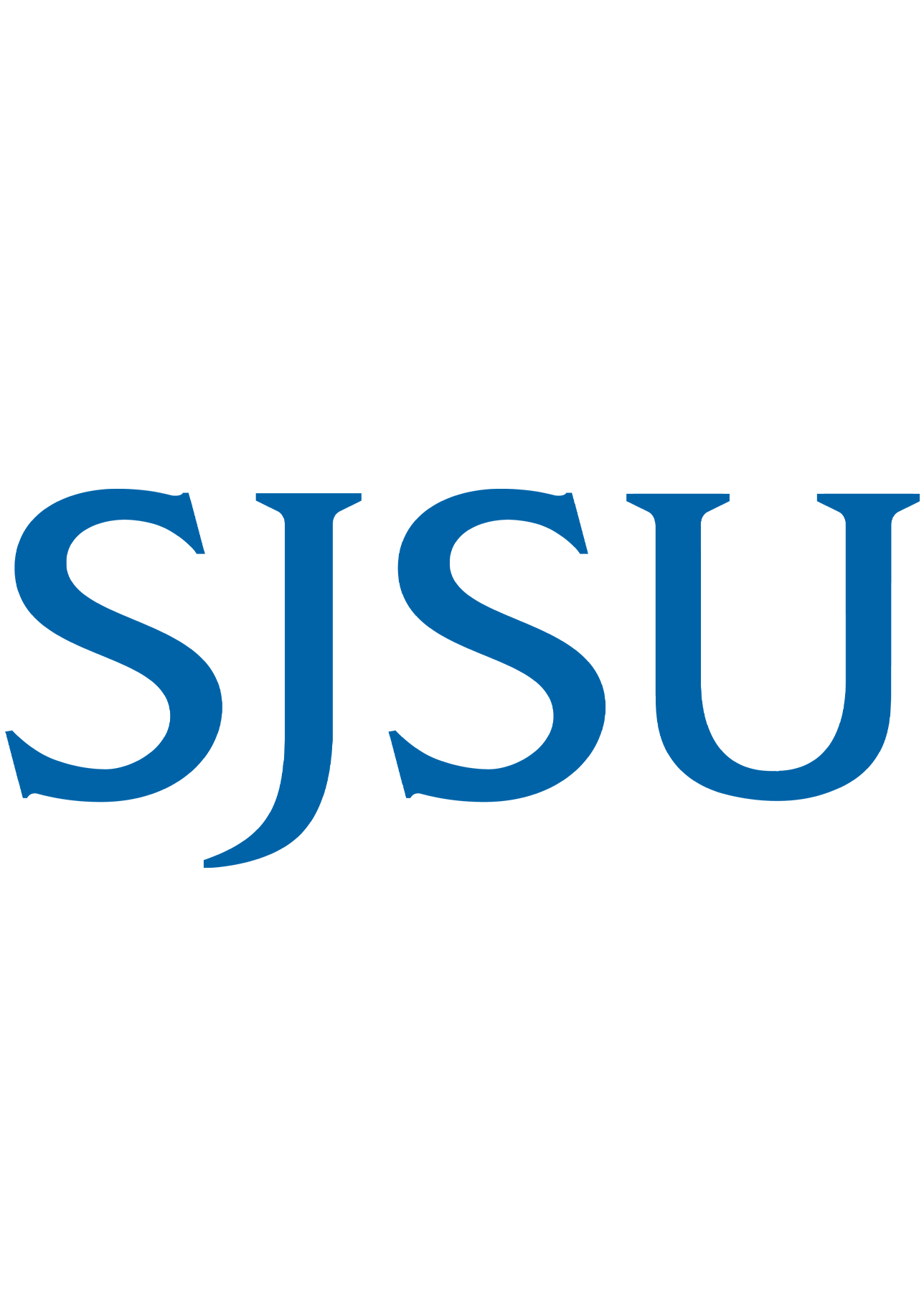
San Jose State University
Intelligent Score: 84.43In-state: $5,742
Out-of-state: $17,622
In-state: $7,176
Out-of-state: $7,176
SAT: 1010-1240
ACT: 19-26
$598
On-Campus
Western Association of Schools and Colleges Senior College and University Commission
30
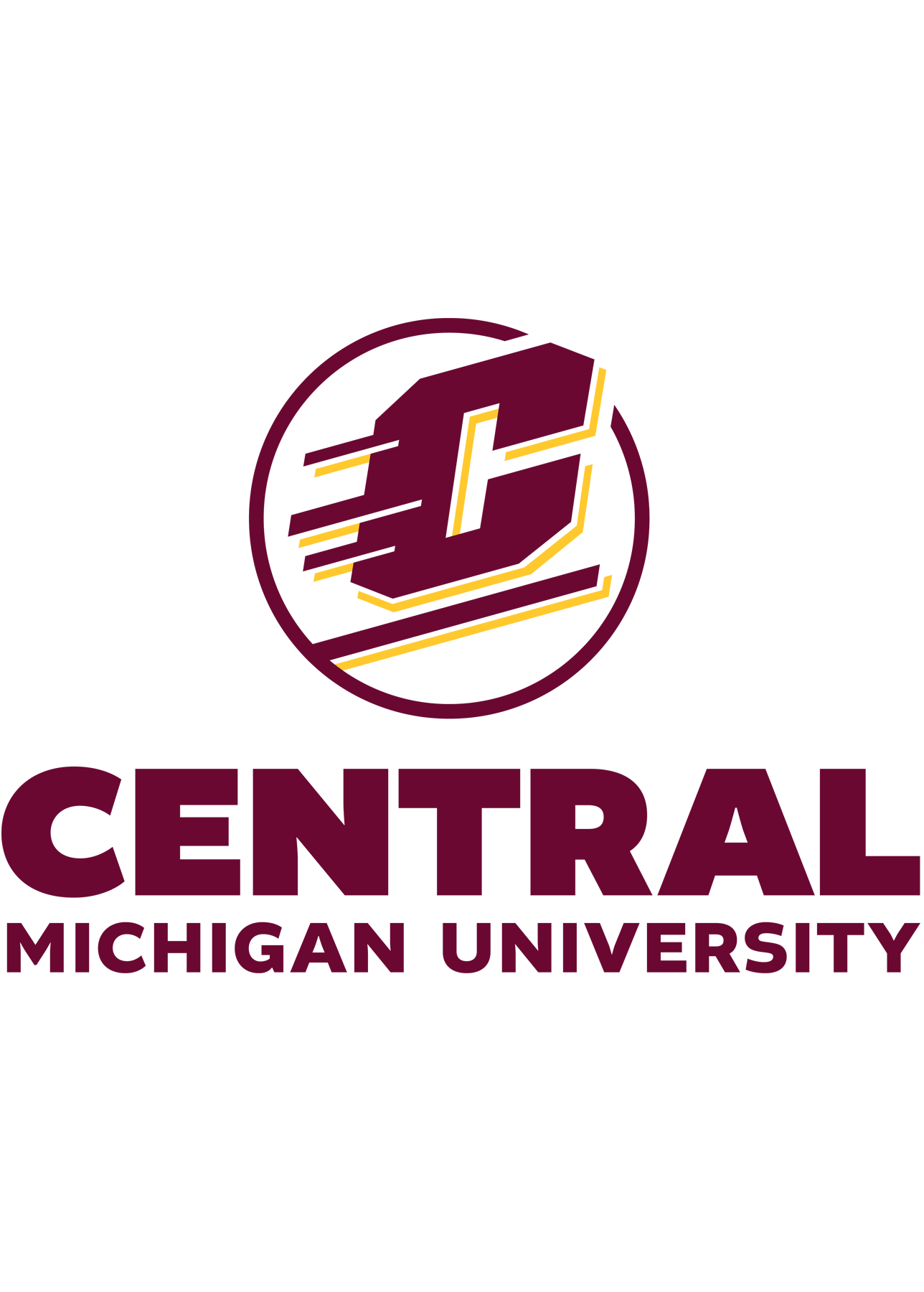
Central Michigan University
Intelligent Score: 83.28In-state: $12,296
Out-of-state: $22,881
In-state: $14,223
Out-of-state: $14,223
SAT: 1000-1210
ACT: 20-26
Resident: $758
Non-Resident: ?$957
On-Campus
Higher Learning Commission
30
How to Choose a Master’s in Organizational Psychology Degree Program
Choose your area of study
In selecting your area of study for a master’s in organizational psychology, consider concentrations like industrial-organizational psychology, applied psychology, organizational development, or human resources management. Reflect on your career goals and interests to determine the best fit. Each specialization offers unique coursework and opportunities for specialization. Whether you’re interested in employee training, organizational change, or talent management, choosing the right area of study is crucial for shaping your career in professional psychology.
Research schools and programs
Thoroughly researching schools and programs is essential for finding the best fit for your master’s program. Compile a list of graduate programs and evaluate factors such as curriculum, faculty expertise, and accreditation status. Consider how this master’s program is presented — online or on-campus — as well as location and specialization options. Dive into student reviews and alumni outcomes to gauge program satisfaction and success rates. It’s always a good idea to contact admissions counselors or faculty members to gather additional insights and ask questions.
Prepare for tests and applications
Familiarize yourself with each potential program’s admission requirements, which may include standardized test scores like the GRE, transcripts, letters of recommendation, and a statement of purpose. Dedicate time to study for any required exams and aim to showcase your academic abilities and commitment to the field in your application materials. If necessary, work with a tutor to help you improve your test-taking skills. Seek guidance from mentors or admissions counselors, and ensure all materials are submitted before the deadline to maximize your chances of acceptance.
Select your program
Selecting the right program for your degree is a pivotal step. You will want to consider factors such as accreditation, program format, specialization options, and the expertise of faculty members. Evaluate the curriculum to ensure it aligns with your career goals and interests. Look for extra features like research opportunities, internship opportunities, or industry partnerships. Weigh factors like location, program reputation, and the strength of the alumni network. Take the time to compare master’s programs and consider visiting campuses or attending virtual information sessions to help you make an informed decision.
Determine how you’ll pay for your degree
Your first step in determining how you’ll pay for your master’s program is completing the Free Application for Federal Student Aid (FAFSA) to explore federal financial aid opportunities such as loans and work-study programs. Research scholarships, grants, and assistantships available through the graduate program or external sources. Investigate institutional scholarships and tuition reimbursement programs your employer offers, if applicable. Consider part-time employment or online work opportunities to supplement your income. Develop a budget that will carry you through your years of study and explore payment plans to manage expenses.
What Can You Expect From a Master’s in Organizational Psychology Degree Program?
In a master’s in organizational psychology program, prospective students can expect to gain advanced knowledge and skills in applying psychological principles to the workplace. Coursework typically covers topics such as organizational behavior, human resource management, applied psychology, personnel psychology, and industrial-organizational psychology. Students learn to analyze and address issues related to employee motivation, team dynamics, organizational culture, and change management.
This master’s program typically takes two to three years to complete, depending on enrollment status and program requirements. In some cases, you may be able to earn a master’s degree in this field in just one year.
Some industrial and organizational psychology programs may include in-person labs, residencies, or internships to provide hands-on experience and networking opportunities. Additionally, students may have opportunities for practical projects or consulting engagements with real organizations to apply their learning in a real-world setting.
Graduates emerge prepared to pursue professional psychology careers in human resource management, organizational development, talent management, consulting, and other roles focused on improving workplace effectiveness and employee well-being.
Potential courses you’ll take in a master’s in organizational psychology degree program
- Organizational Behavior. Explores theories and research on individual and group behavior within organizational contexts. Topics may include motivation, leadership, communication, decision-making, and organizational culture. Graduate students analyze case studies and apply psychological principles to understand and address workplace dynamics and challenges.
- Personnel Selection and Assessment. Covers methods and techniques for recruiting, selecting, and evaluating employees in organizational settings. Students learn about job analysis, assessment tools, interviewing techniques, and legal and ethical considerations in personnel selection. Emphasis is placed on identifying and implementing effective strategies to match individuals with job roles and organizational needs.
- Organizational Development and Change. Examines theories and practices related to organizational change and development. Topics may include organizational diagnosis, intervention strategies, resistance to change, and the evaluation of change initiatives. Graduate students learn to design and implement interventions to improve organizational effectiveness, foster employee engagement, and manage transitions in the workplace.
- Training and Development. Focuses on designing, implementing, and evaluating training programs to enhance employee knowledge and abilities. Students learn about needs assessment, instructional design, delivery methods, and training evaluation techniques. The course emphasizes evidence-based practices and addresses the role of training in supporting organizational goals and employee development.
Master’s in Organizational Psychology Degree Frequently Asked Questions
How do I apply to a master's in organizational psychology degree program?
To apply for your program, gather required materials such as transcripts, letters of recommendation, a resume, and a statement of purpose. Many programs require standardized test scores like the GRE. Ensure all materials are submitted before the application deadline. Additionally, schedule a meeting with an admissions counselor to discuss program specifics, admission requirements, and any questions you may have. Their insights can provide valuable guidance and ensure your application meets all criteria. Taking this step can increase your chances of a successful application and help you navigate the admissions process smoothly.
How much does a master's in organizational psychology degree cost?
The cost of a master’s in organizational psychology degree varies depending on factors such as program format, institution, and location. According to data from the National Center for Education Statistics, average tuition costs for these programs range from $12,000 to $30,000, with private institutions generally costing more than public. Students should also consider additional expenses such as textbooks, technology fees, and possibly travel costs for in-person residencies or internships. Online programs may offer flexibility but could incur additional technology fees or require proctored exam fees.
How long does it take to earn a master's in organizational psychology degree?
Earning a master’s in organizational psychology typically takes two to three years, depending on factors such as enrollment status and program structure. Full-time enrollment often accelerates completion, while part-time enrollment may extend the timeline. Additionally, online programs may offer more flexibility, allowing students to pace their studies and potentially complete the degree at a faster or slower rate compared to on-campus programs. The total number of required credits also impacts program length, with some programs requiring around 36 to 48 credits for completion. Prospective students should consider their personal commitments and academic goals when determining the most suitable enrollment status and program format for their degree program.
Compare School Options
Related Degrees
- Forensic Psychology
- Counseling
- Psychology
- Christian Counseling Program
- Educational Psychology
- Organizational Psychology
- Addictions and Recovery
- Christian Counseling
- Child Development
- School Counseling
